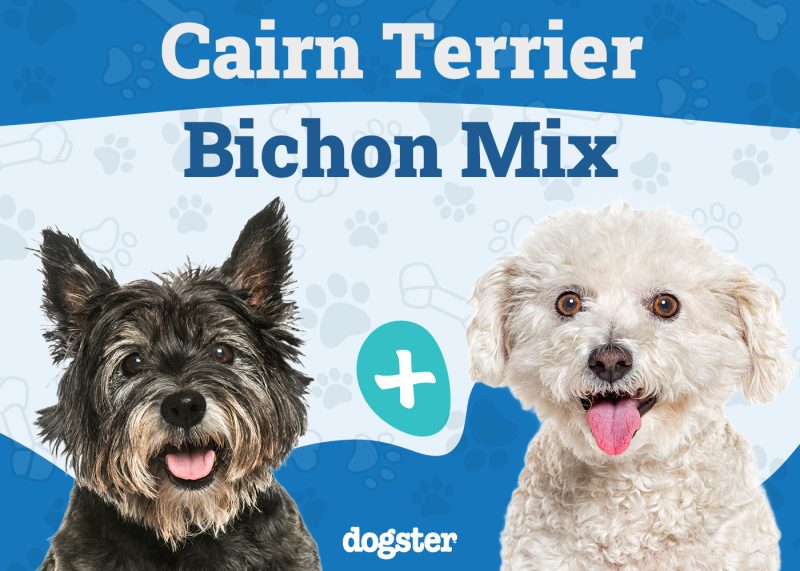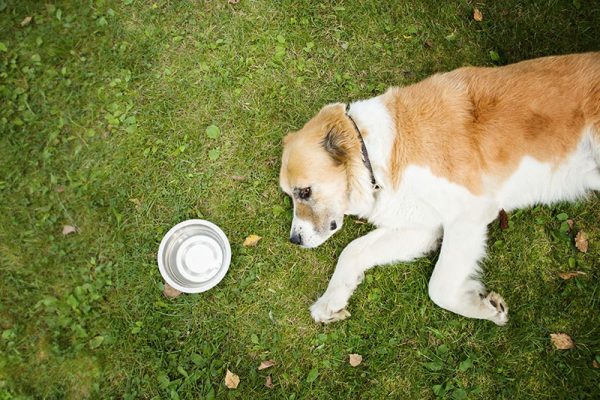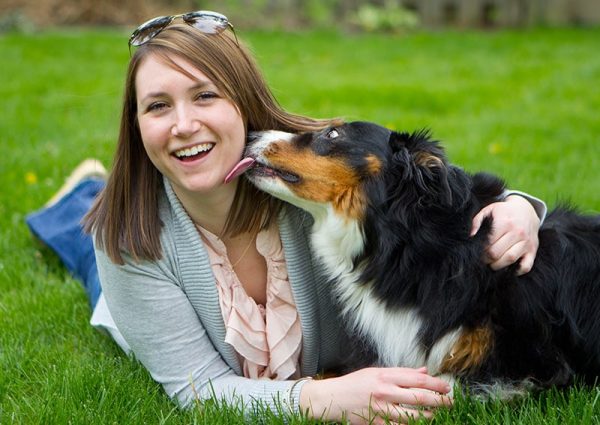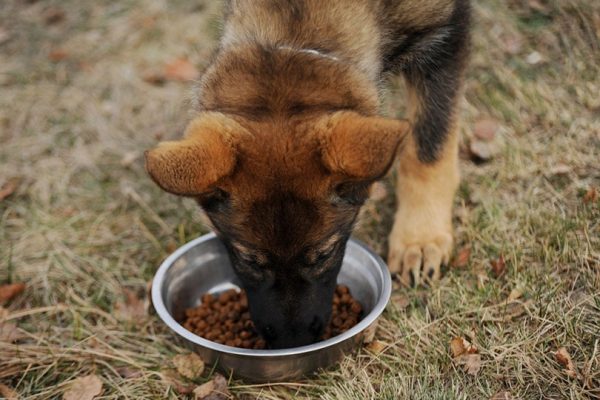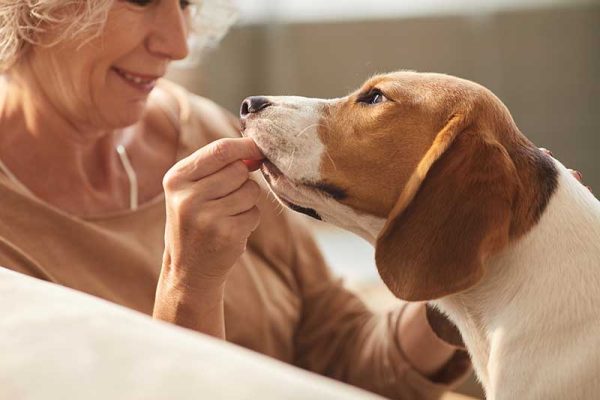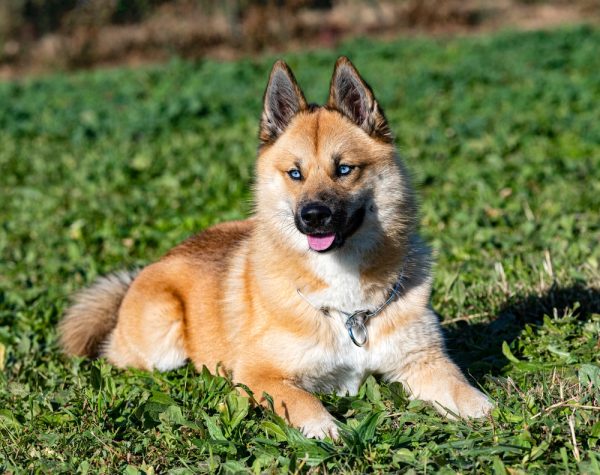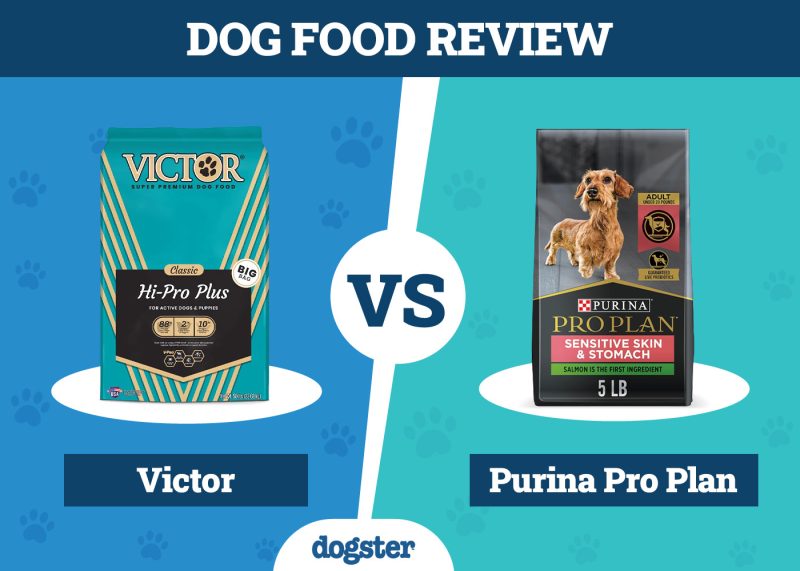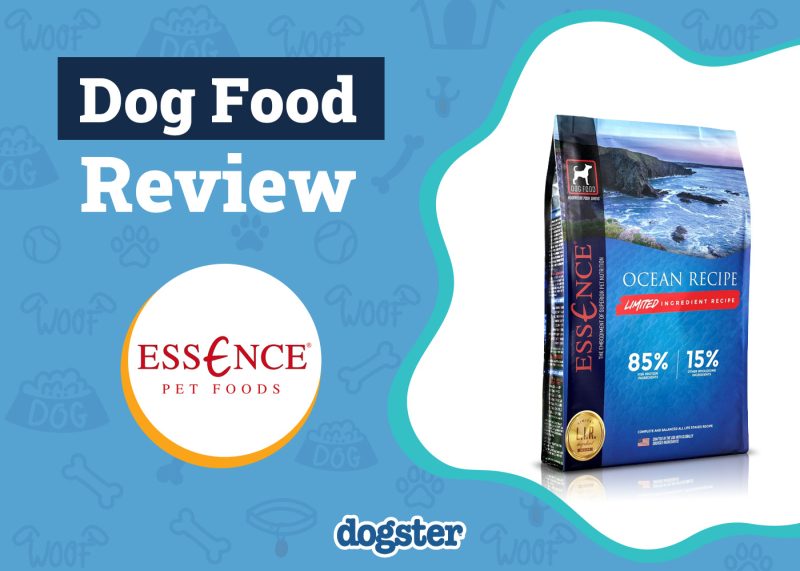In this article
It can be hard to resist when our canines give us those puppy-dog eyes at the dinner table or while we’re having a snack. Just a small bite of our food won’t hurt them, right? Well, that depends on exactly what you’re feeding your pup. Some of our foods are perfectly safe and even nutritious for our dogs as an occasional treat; others are not.
If you’re a lover of cheese, you might have pondered what kinds of cheese are safe to give your pet. While our canine companions can technically eat brie, it’s not a healthy choice for them, and there are a few caveats to feeding it to our pups. Here’s what you should know!

Is Brie Safe for Dogs?
If you’re unfamiliar with brie, it’s a soft cheese comprising 65%–75% butterfat. It comes in the shape of a wheel, has a rind on the outside, and is technically safe for dogs to eat. The catch is that they shouldn’t have it often. Many dogs are lactose intolerant and don’t have the enzyme lactase to help them digest dairy products.
While non-toxic, brie is incredibly high in saturated fat; it has one of the highest amounts of saturated fat of any cheese! Just like with us, saturated fats aren’t good for our pups. Consuming large portions of saturated fat can lead to long-term consequences, such as stomach issues, obesity, and pancreatitis. Since you want your dog to live the longest, healthiest life, brie should only be given as a rare treat.
If you need to speak with a vet but can't get to one, head over to PangoVet. It's our online service where you can talk to a vet online and get the advice you need for your pet — all at an affordable price!
What Other Cheeses Are Unhealthy for Dogs?
Some cheeses are all right to give your dog (in moderation!), but others, like brie, aren’t as safe or healthy. When feeding your pup cheese, avoid cheeses like brie and feta, which are high in saturated fat. You’ll also want to avoid giving them any specialty cheese; it’s not necessarily that specialty cheeses are unhealthy, but many contain ingredients, like garlic or raisins, that are toxic to dogs.
If you want to let your dog have a piece of specialty cheese, you must check the ingredients carefully. A few cheeses are also deadly to dogs. For example, blue cheese contains roquefortine, a toxin. The other cheeses you should avoid include stilton, roquefort, and gorgonzola.
What Are Some Safe Cheeses?
Luckily, several kinds of cheese are safe for your pet to eat. Mozzarella and cottage cheese have lower amounts of fat than cheeses such as brie. Swiss and cheddar cheese also make good options for a treat. Your best bet when feeding cheese to your dog is to look for lower-fat and lower-sodium cheeses that have safe ingredients.
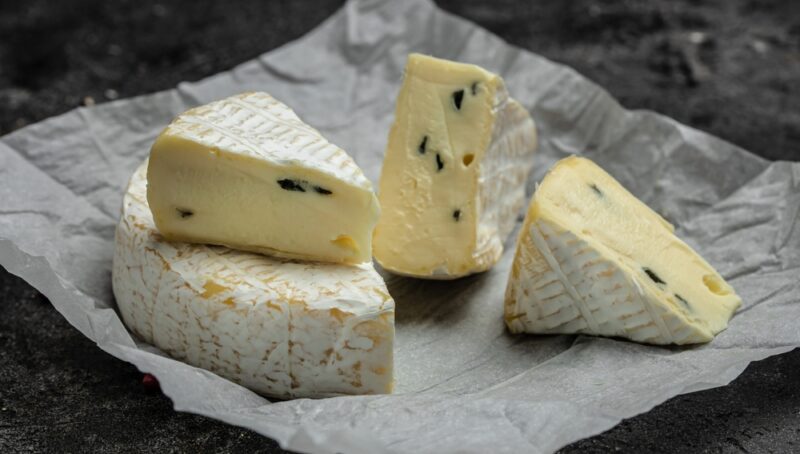
Does Cheese Offer Nutritional Benefits to Dogs?
There aren’t many nutritional benefits to feeding cheese to your favorite canine, but there are some. The benefits cheese can provide include calcium, essential fatty acids, protein, vitamin A, and B-complex vitamins. Of course, your dog doesn’t need to overdo it on the nutritional benefits since they should be getting all they need from their dog food. So, again, moderation is key!
Should Certain Dogs Avoid Cheese?
Cheese should be avoided if your dog is already overweight due to its fat content. If your dog is lactose-intolerant, you absolutely must avoid cheese and other dairy products. Meanwhile, dogs with kidney issues may have difficulty with cheese due to its salt content.
If you’re unsure how your dog might react to cheese, give them only a tiny portion at first. If you see vomiting, diarrhea, or any other issues, avoid cheese in the future. However, if your pet seems fine after eating a small bite of cheese, giving it to them (sparingly!) in the future should be fine.

Final Thoughts
Brie is not toxic to dogs, but it isn’t the best cheese to feed them. Due to the high saturated fat content, brie is unhealthy for canines. Luckily, many other cheeses are available that are lower in fat and better to feed your pup as a treat. Remember that several kinds of cheese are toxic to canines. Whatever type of cheese you let your dog have, only give it in moderation as an occasional treat!
Related articles:
Featured Photo Credit: slowmotiongli, Shutterstock


